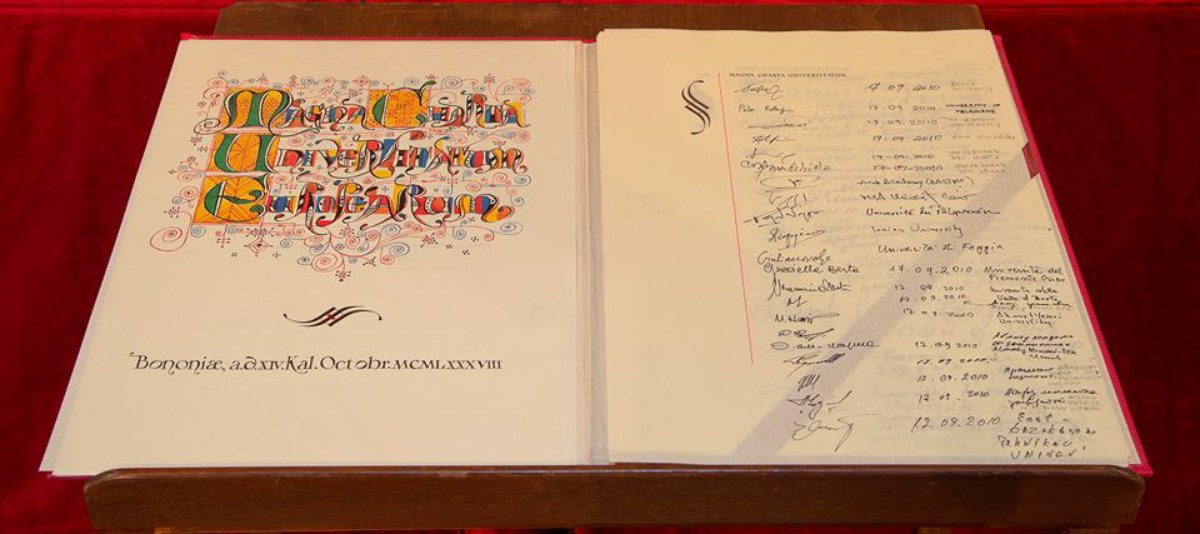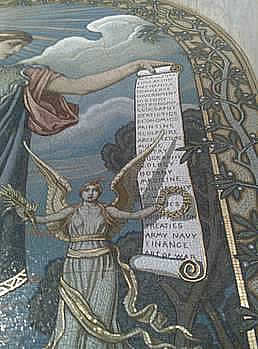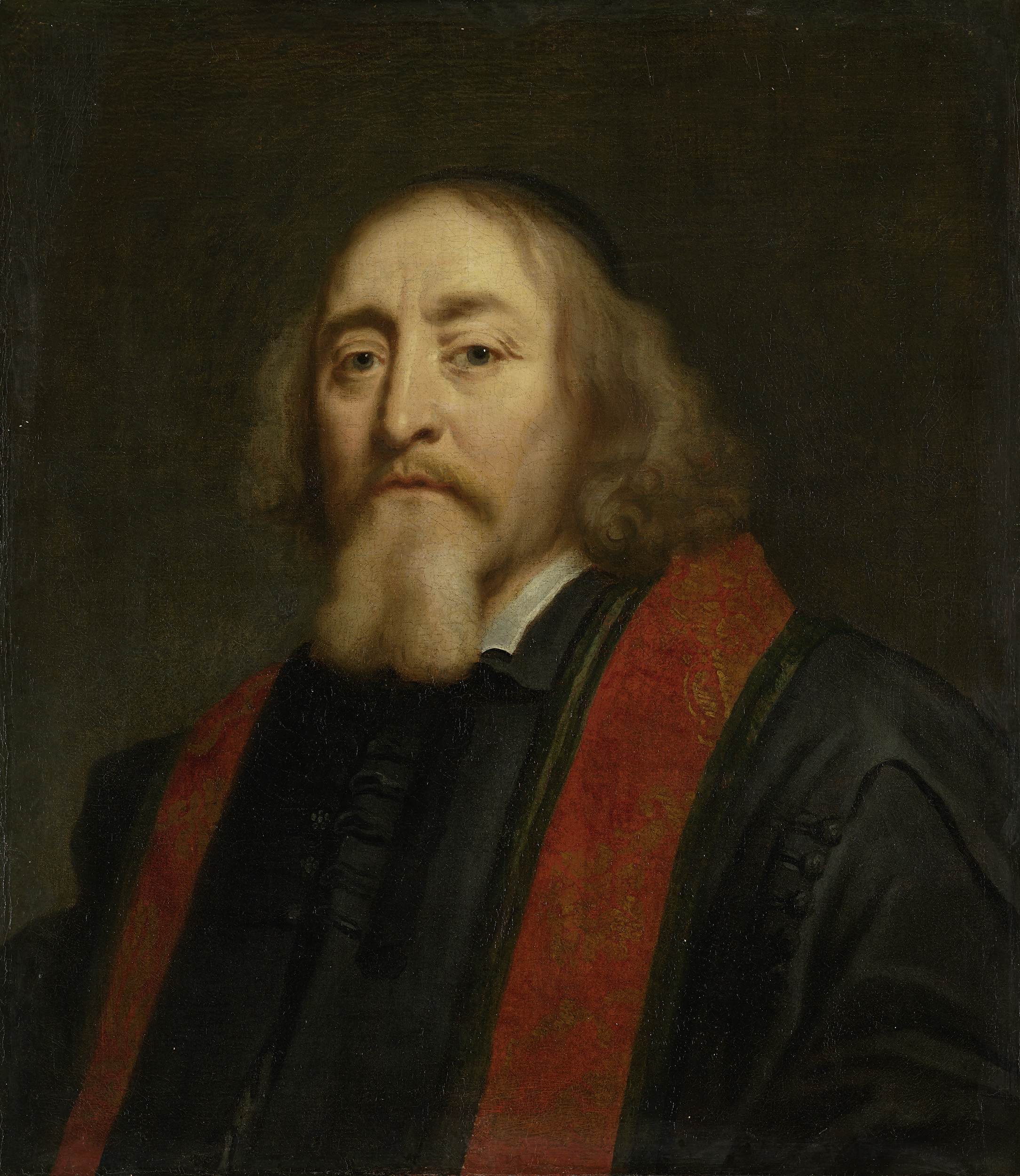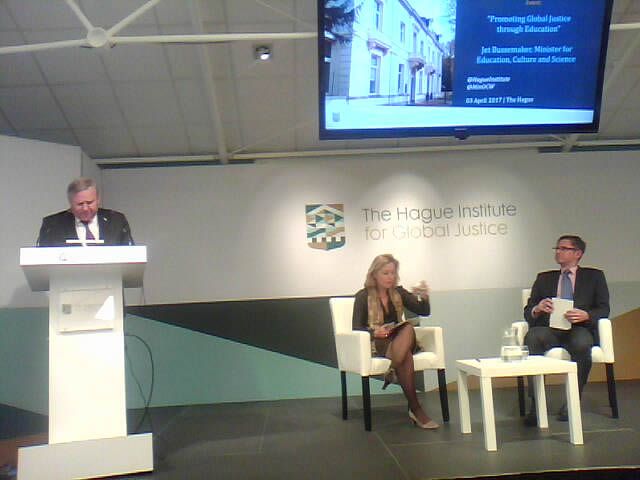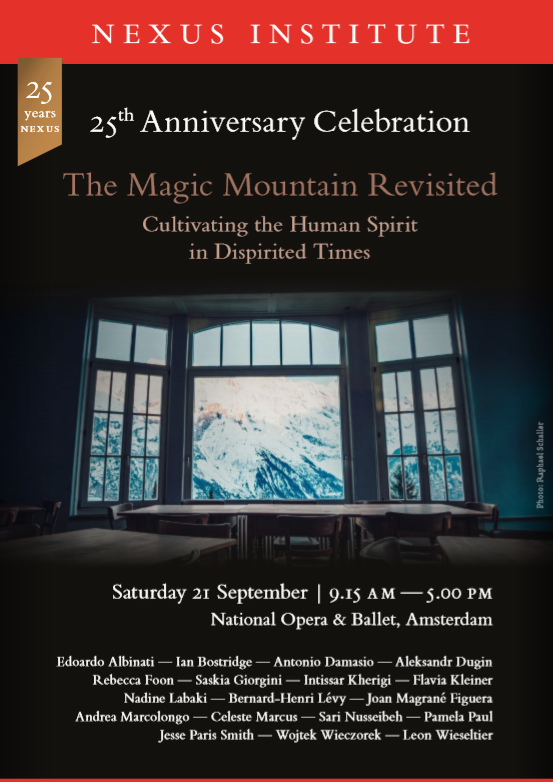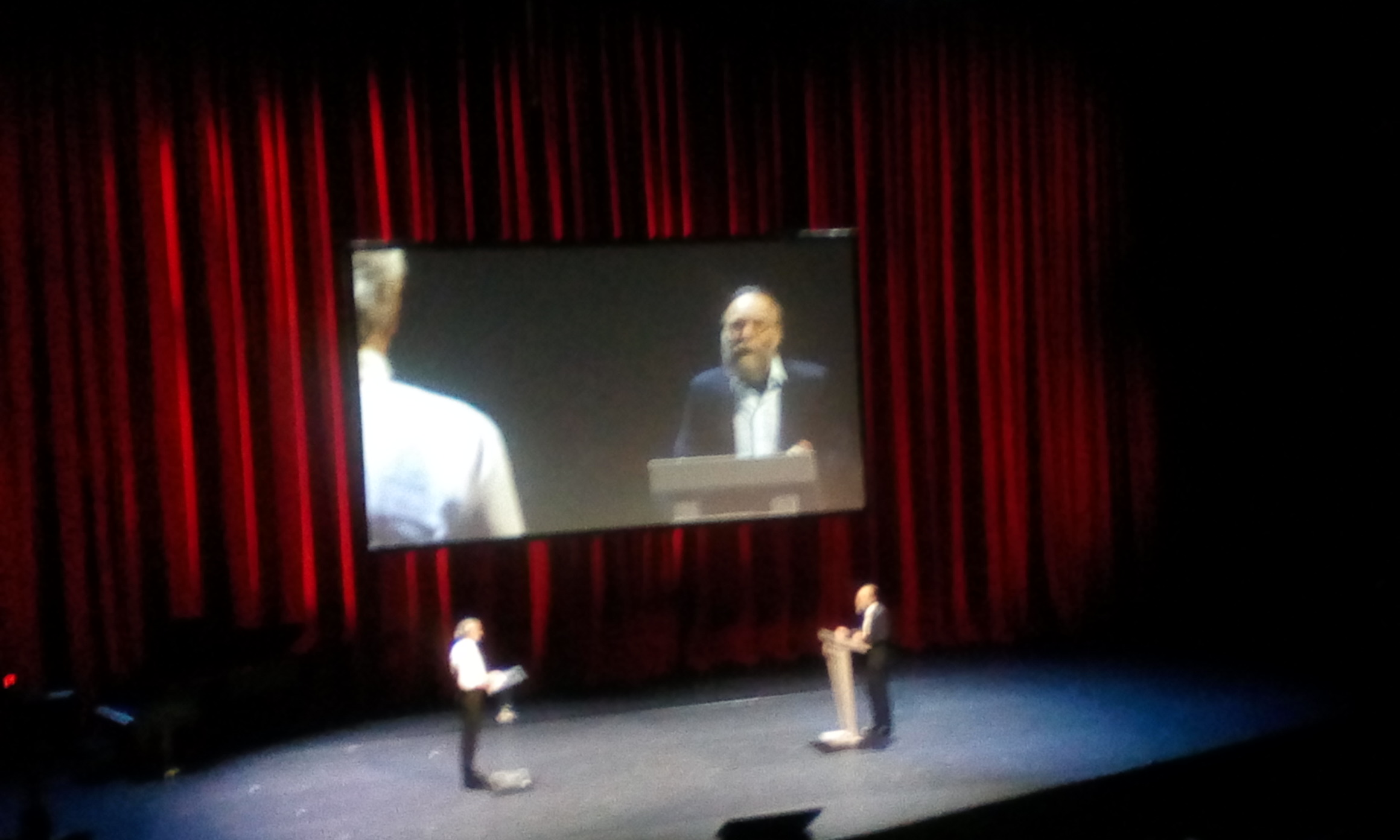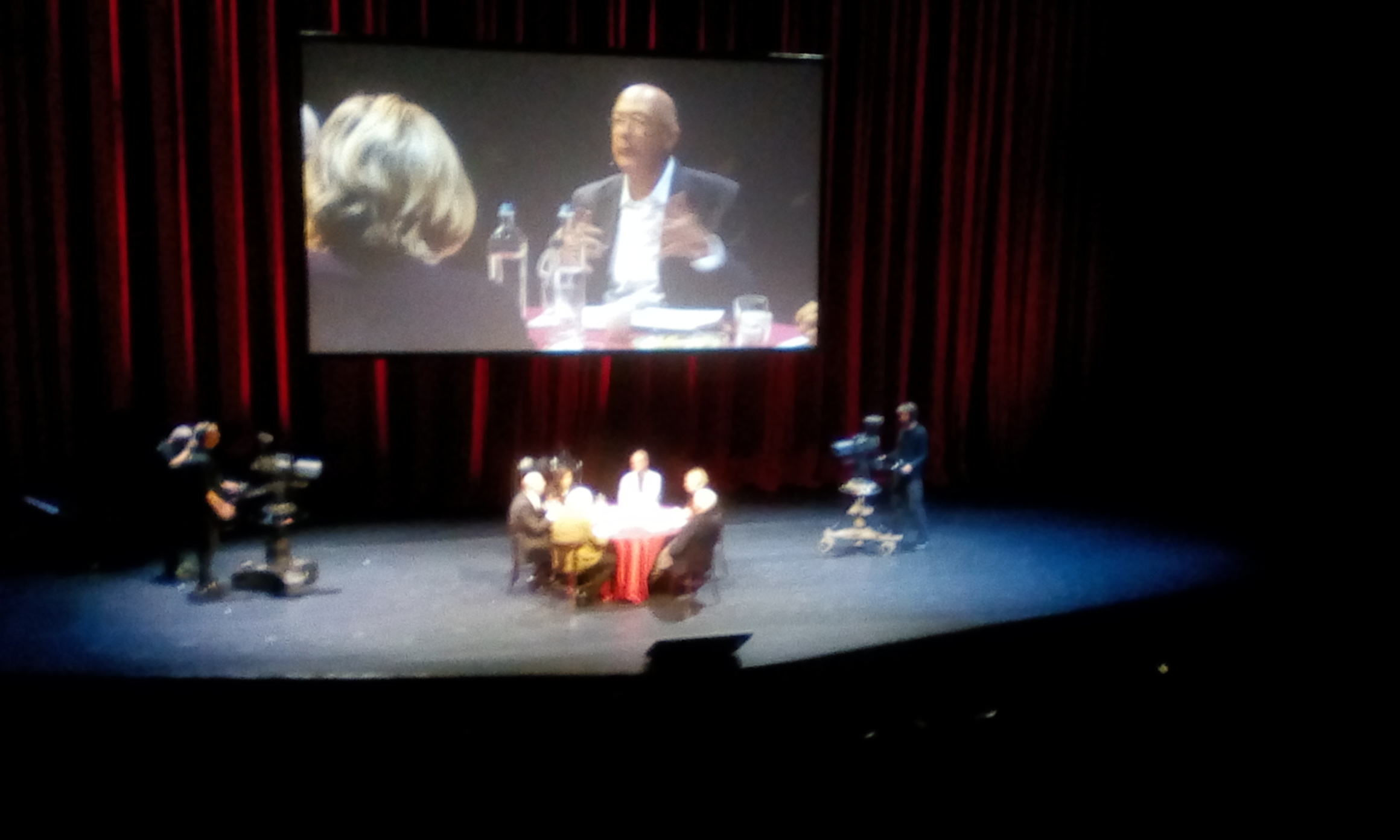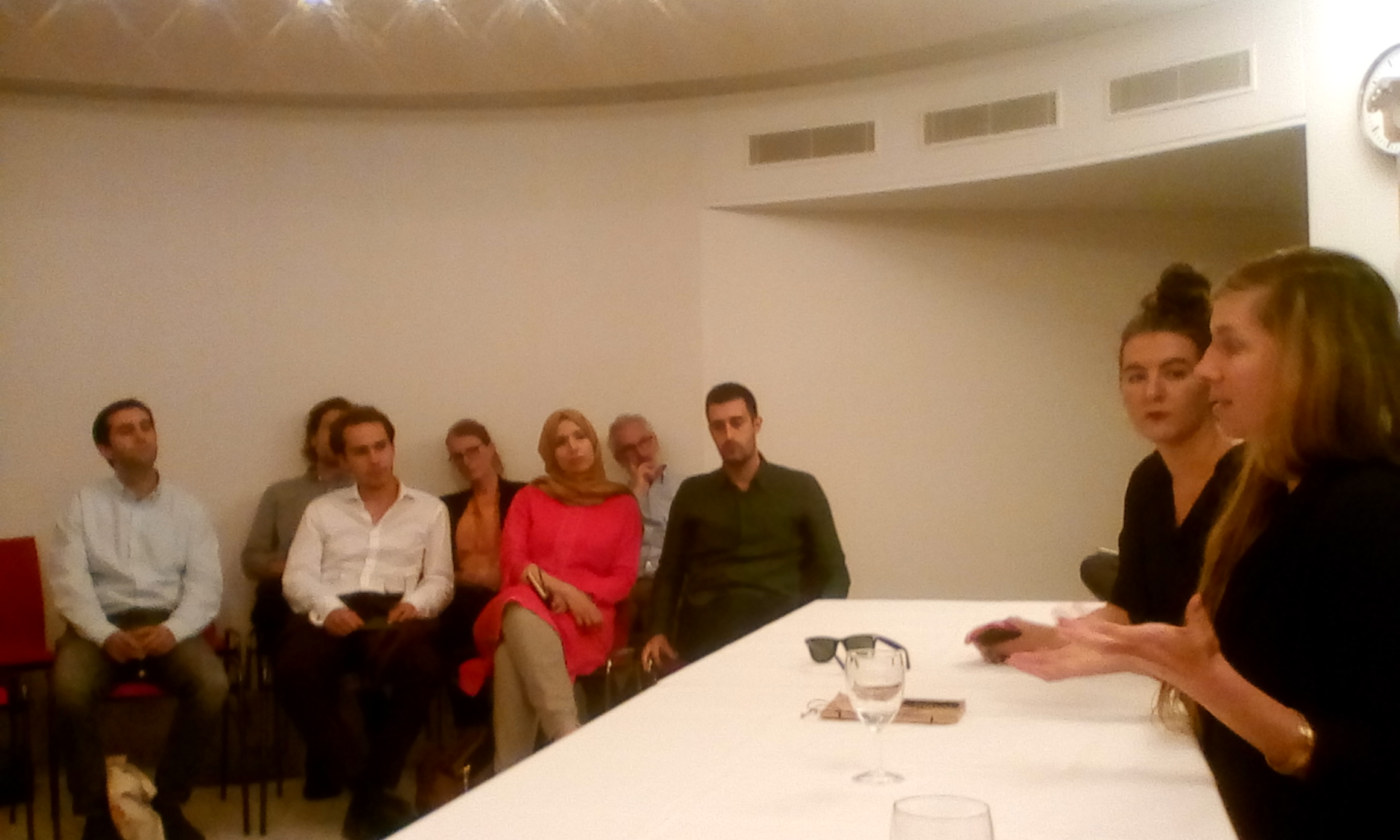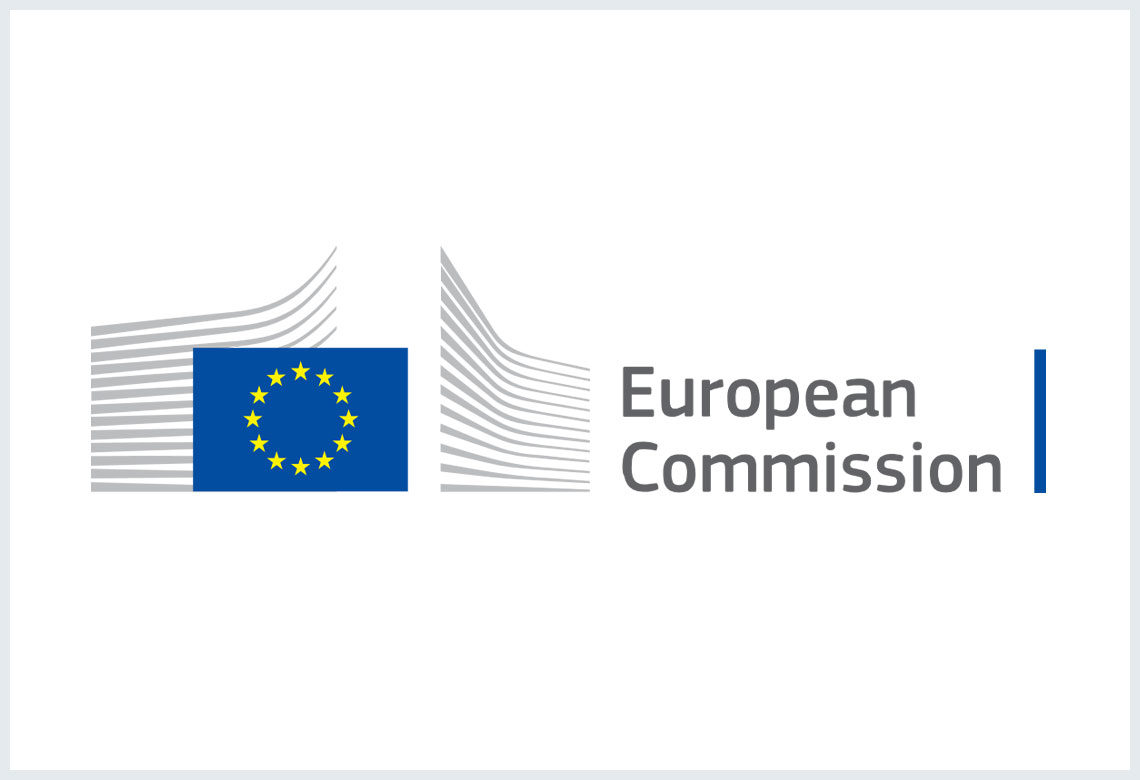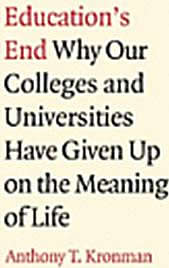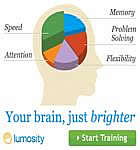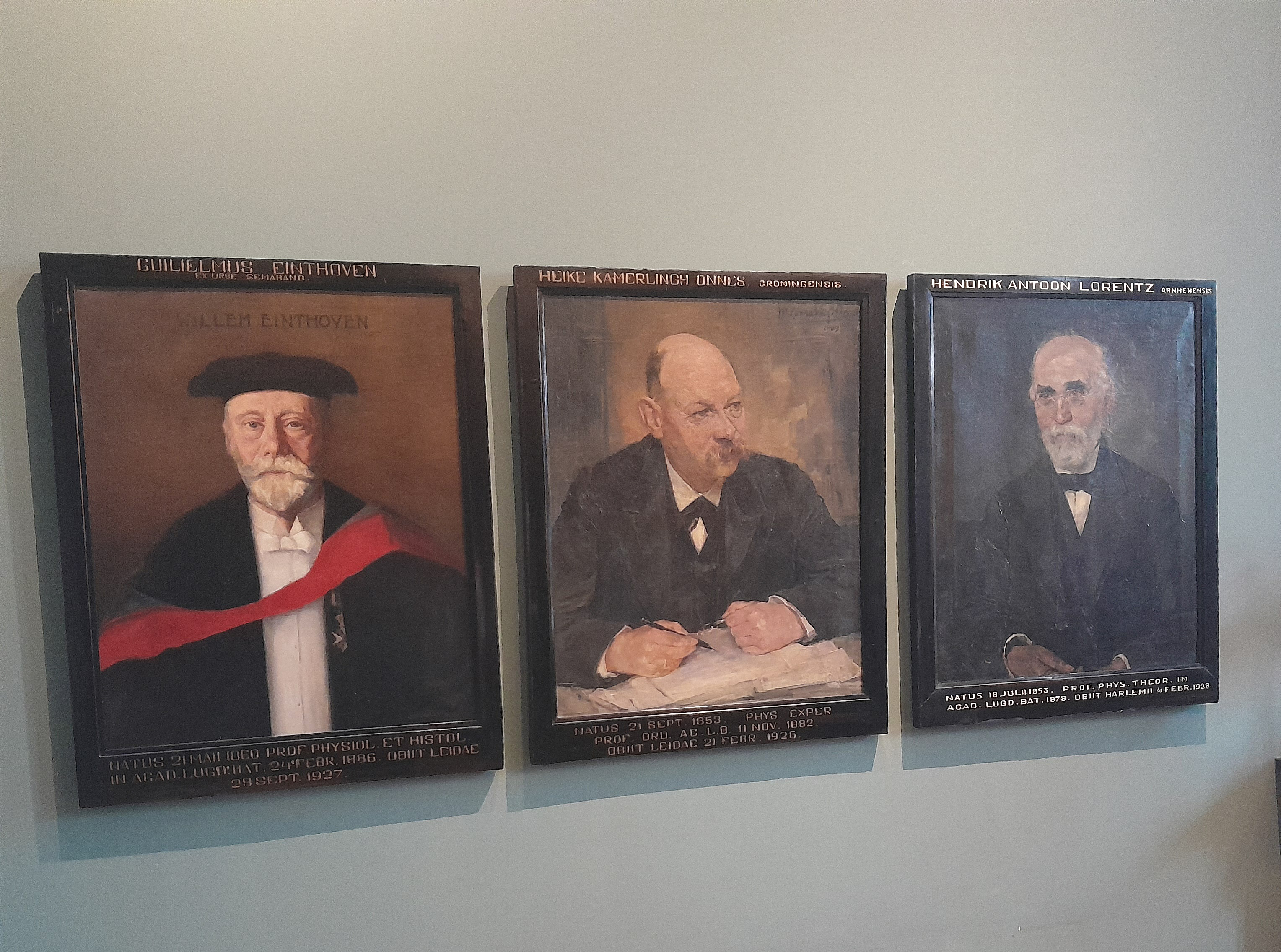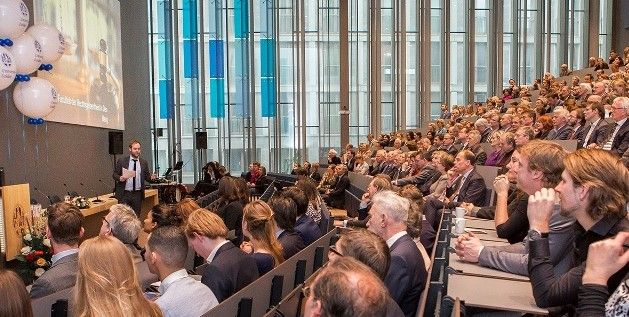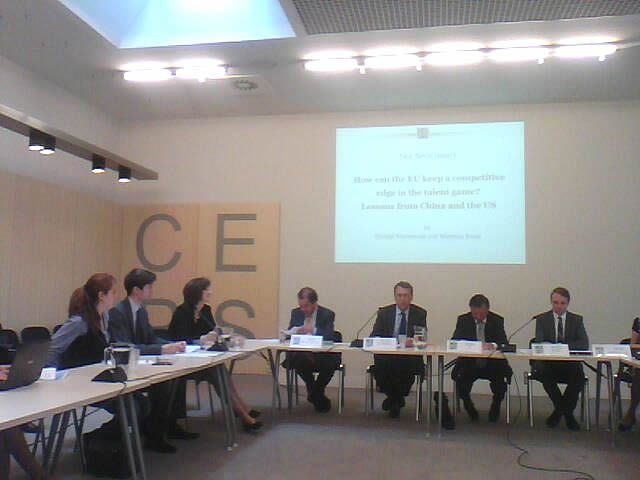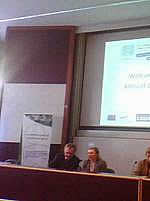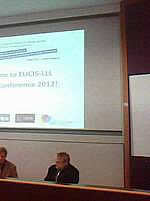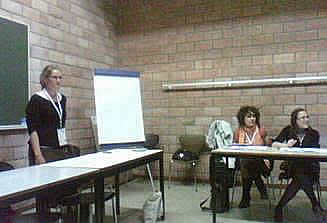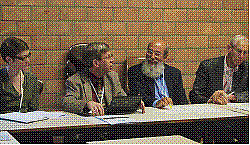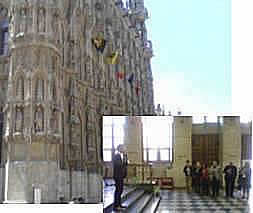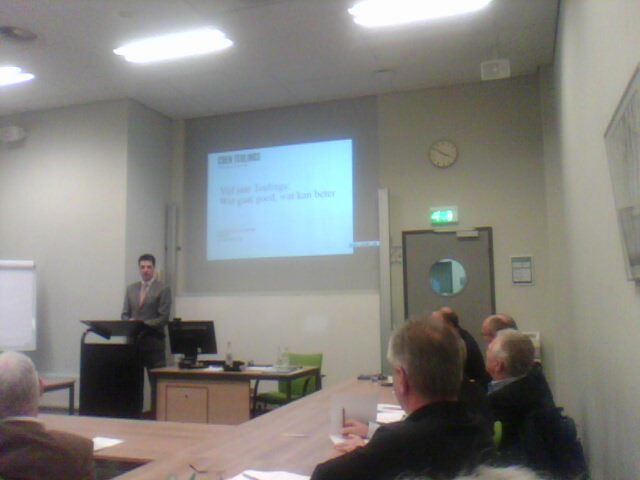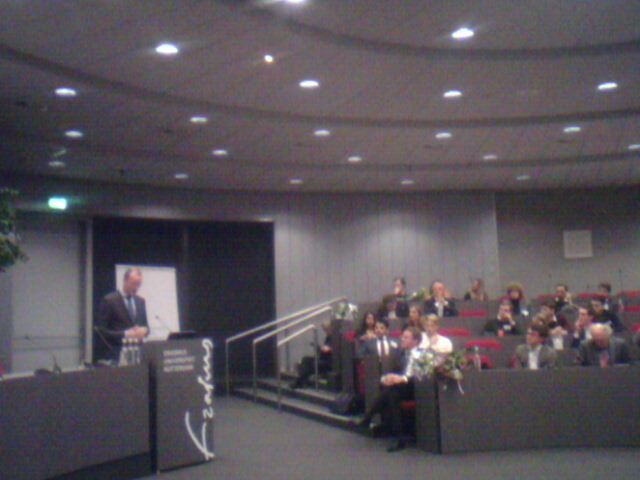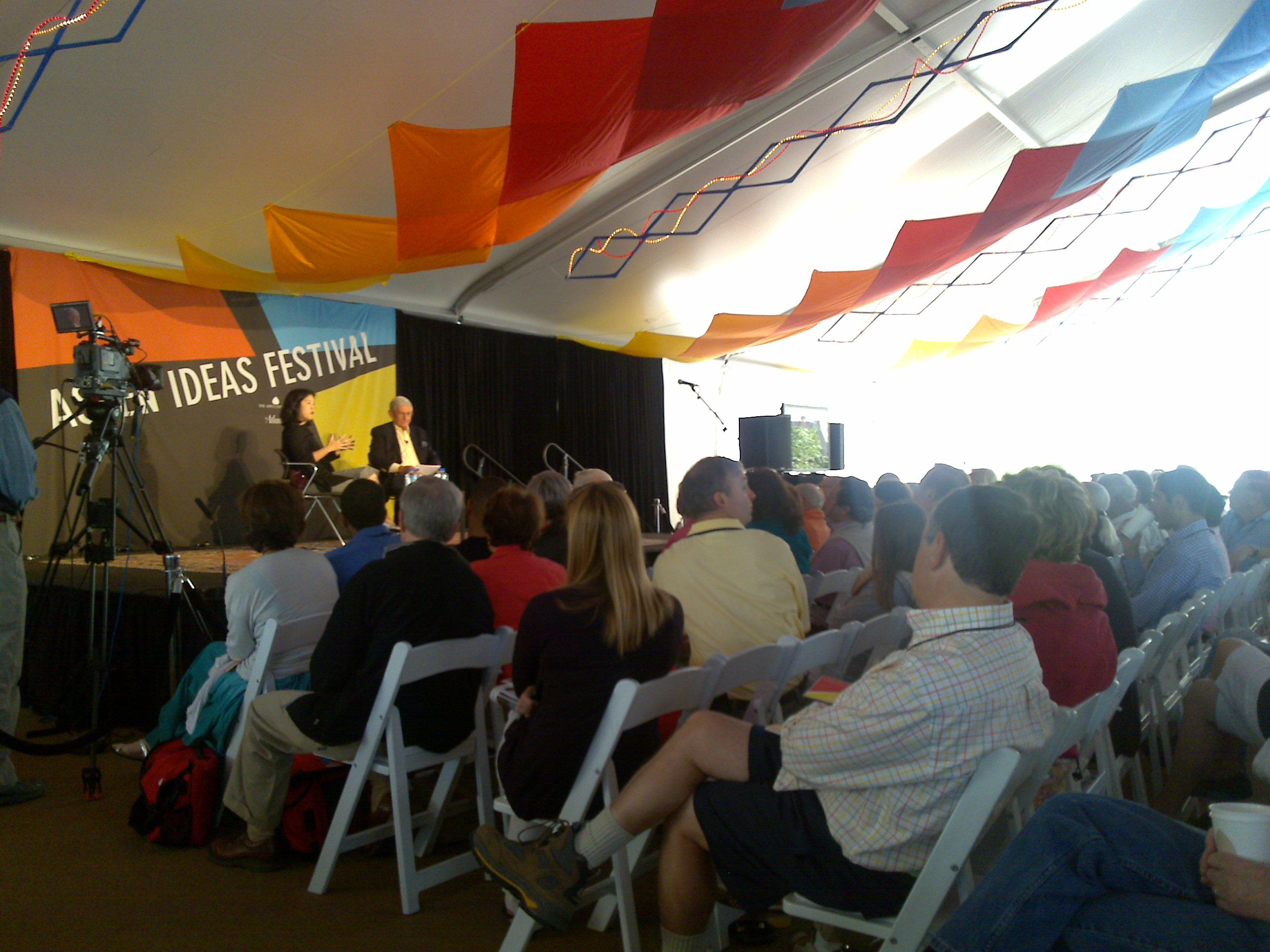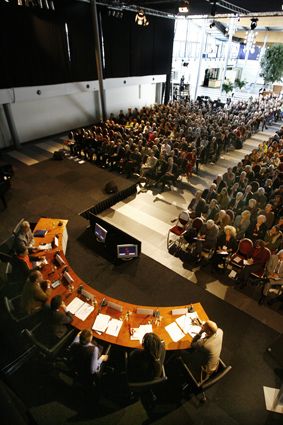Perhaps an enumerate of study guides of Intercollegiate Studies Institute (www.isi.org) of the most important fields of knowledge could support people: natural science, study of law, political philosophy, religious studies, liberal learning, European history, literature, Classics, music history, European political thought, economics, philosophy, history, the core curriculum, psychology. This knowledge, including transmission of knowledge about “old” culture, the idea of tolerance and social policy, family ties, environment, Europa and globalisation tackles the whole and will make the mind open.
Children and young people needs teaching and schooling. It is plausible that most of them cannot teach themselves. But when does learning begin? ‘It’s folk wisdom that teachers are uniquely responsible for what happens to children'. “But, actually, it’s not folk wisdom. There is a kind of a wiser understanding of how children grow and develop and learn that recognizes that children’s first educator is their family, and that nurturance really matters.”
Lessons are the means to give food for reflection. It let see and feel human beings what values meant during their existence. Besides, it helps to contribute to maintain dialogues and to understand each others arguments. Schooling and teaching is pre-eminent(ly) the way to built a fit society, in which also full play should be given for innovation, technology and financial education (and responsible lending).
A common approach to promote lifelong learning was at the heart of the informal meeting of EU Education Ministers in Heidelberg on 1-2 March 2007. In particular, EU Ministers highlighted the importance of improving early childhood education.
Further items discussed included adult learning and the contribution of education policy to the development of a European community of values.
Another initiative to stimulate education is laid down in the Bologna Declaration June 1999, which is focussed on the stimulation of the European higher education area: “We will make every effort in Europe to ensure that young children’s thirst for knowledge can be satisfied”, German Education Minister Annette Schavan declared, adding that “the pre-school period is at least as important as schooling itself”.
Education as the key to individual life chances is especially important for young children. Therefore, governments in Europe will increase their efforts to improve the training of teachers working in early childhood education. In this respect, it is important that institutions providing this form of education have access to qualified staff and funding. Education and training are crucial factors to develop the EU’s long-term potential for competitiveness, the European Council underlined in March last year. However, implementation of adult learning remains weak in many EU Member States. Even though it is never too late to learn, adult learning has not yet gained enough attention in terms of visibility, policy prioritisation and financial resources. |
